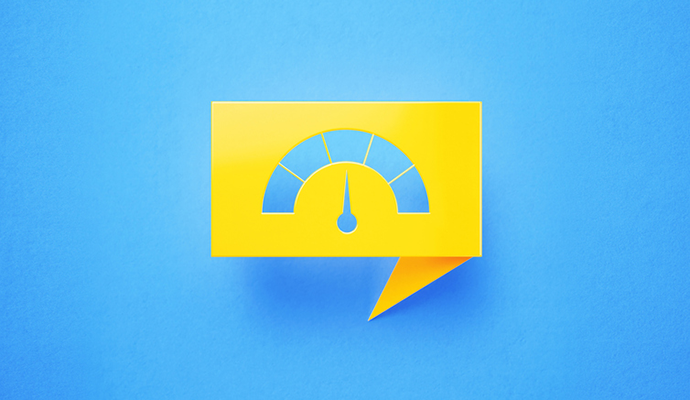With patient trust low, there are few places to turn for medical info
Patients report low trust in media, NGOs, business, and even their healthcare providers, leaving them with few options as they grow weary of medical misinformation.

Source: Getty Images
- Patients are approaching their health information with much more skepticism now than ever before, with patient trust still trending low and patients expressing concerns with the politicization of healthcare and medical misinformation, according to new Edelman data, which PatientEngagementHIT obtained via email.
The 2024 Edelman Trust Barometer, based on survey responses from 16,000 people across 16 different global markets, showed patients are just as worried about the politicization of healthcare as they are about other big-ticket items, like healthcare costs.
This comes as the world continues to deal with the aftermath of the COVID-19 pandemic. The pandemic brought the question of politics further into healthcare and rang in the rise of readily available medical misinformation.
Now, four years later, patients are still worried about these things.
Patients are worried about the politicization of healthcare now more than ever, with the Edelman report showing 67 percent of patients identifying with this concern. That’s 13 percent more than the 2023 iteration of this survey and brings politics on par with healthcare affordability and another pandemic in terms of healthcare worries.
Patients are also weary of the specter of medical misinformation, with 55 percent of respondents reporting as much.
Those fears aren’t unfounded, the survey continued. Four in 10 respondents said they regret a health decision they made based on medical misinformation, with this type of regret being most common among 18- to 34-year-olds. Respondents were most commonly misinformed by product advertisements, friends and family, and user-generated content.
But outside of advertising and their social connections, there are few other places patients are willing to turn to for medical information they trust. Only 35 percent of US respondents said they trust the media to report accurate medical information, down 21 percent from last year. Trust in business and non-government organizations (NGOs) is also low, leaving employers among the most trusted entities to message on healthcare.
In fact, patients aren’t even wholly trusting of their healthcare providers. Indeed, providers are the most trusted messengers of healthcare information, but the are some caveats.
Among young patients, 41 percent said they wouldn’t trust or wouldn’t even continue seeing their provider unless they shared the same political beliefs. For the 35-54 age range, that figure was 35 percent, and among those 55 and older, it was 18 percent.
There are some key patterns that could help healthcare experts improve patient trust levels. For one thing, patient empowerment is linked to higher patient trust.
It’s not common for a patient to feel unempowered in healthcare but still trust the system, with only 11 percent of patients falling into that pattern. Instead, high patient empowerment can beget patient trust, meaning organizations and clinicians should focus on patient engagement and empowerment strategies.
The data showed that this can improve overall outcomes, with patients who say they are both empowered in their health and trusting of the healthcare industry also being more likely to report good health. Empowerment and trust also increased the odds of accessing preventive care and vaccinations.
And even though patients are skeptical of their providers—especially if they have diverging political views—patients still place great responsibility on their clinicians.
Patients mostly consider themselves to be in charge of their healthcare journeys, but their primary care providers are not far behind. Patients also trust their PCPs and pharmacists to tell the truth about healthcare.
Patient trust will continue to be a problem as healthcare continues to enter the digital age.
More than half of patients in the US (63 percent) said they fear that technology will worsen healthcare, representing a 14 percent rise over last year’s numbers.
In particular, patients are worried about how AI will affect the way they interact with healthcare. While around a quarter said they are embracing AI in patient interactions, 42 percent said they reject that innovation.
Patients are more evenly split about using AI for drug development (32 percent say they reject the innovation and another 32 percent accept) and medical diagnosis (31 percent say they reject this innovation and 32 percent accept).
As healthcare continues to explore ways to build trust in patients, they must focus on depoliticizing health, improving patient access to reliable health information, leveraging the valued influence of healthcare providers, and empowering patients to be in charge of their own health.
